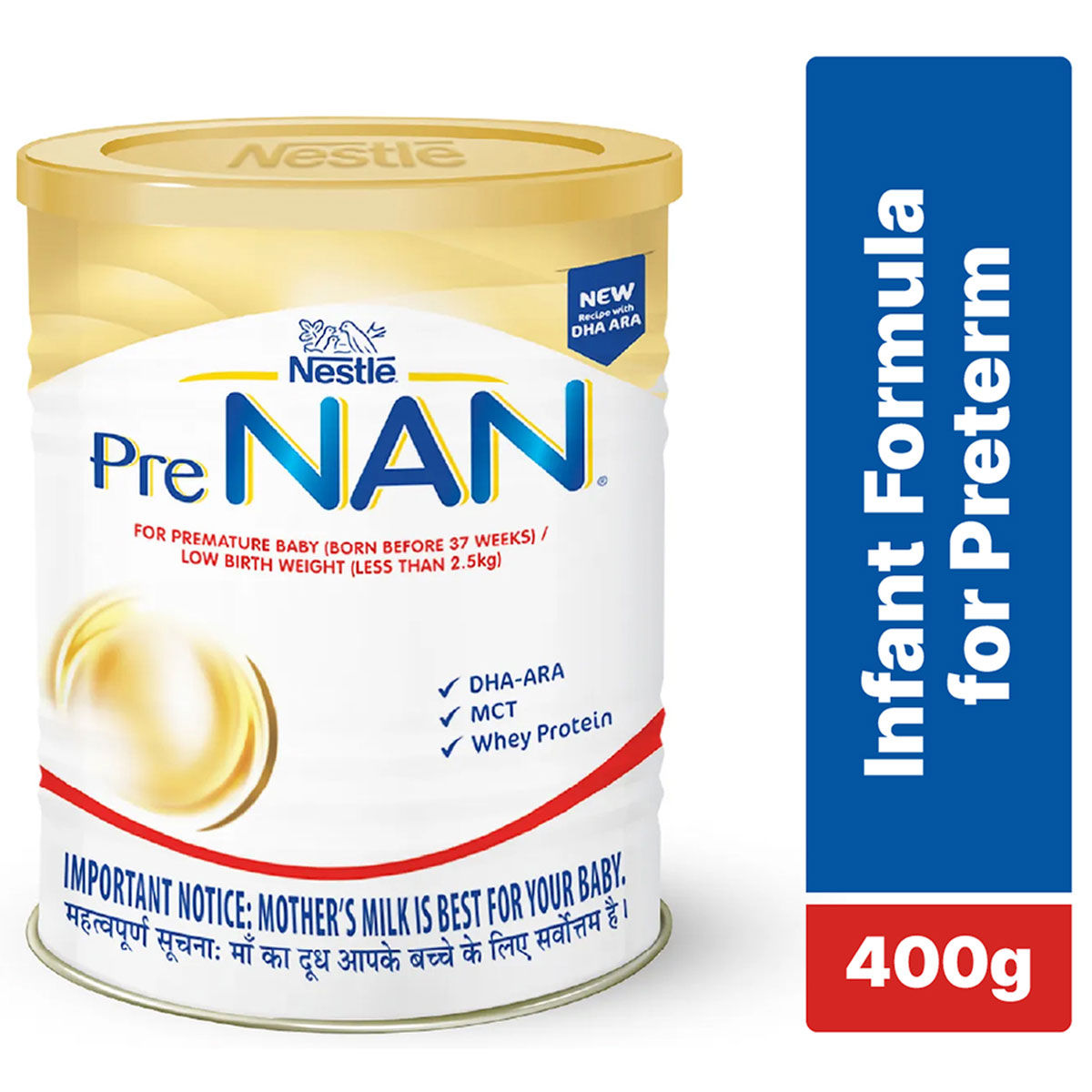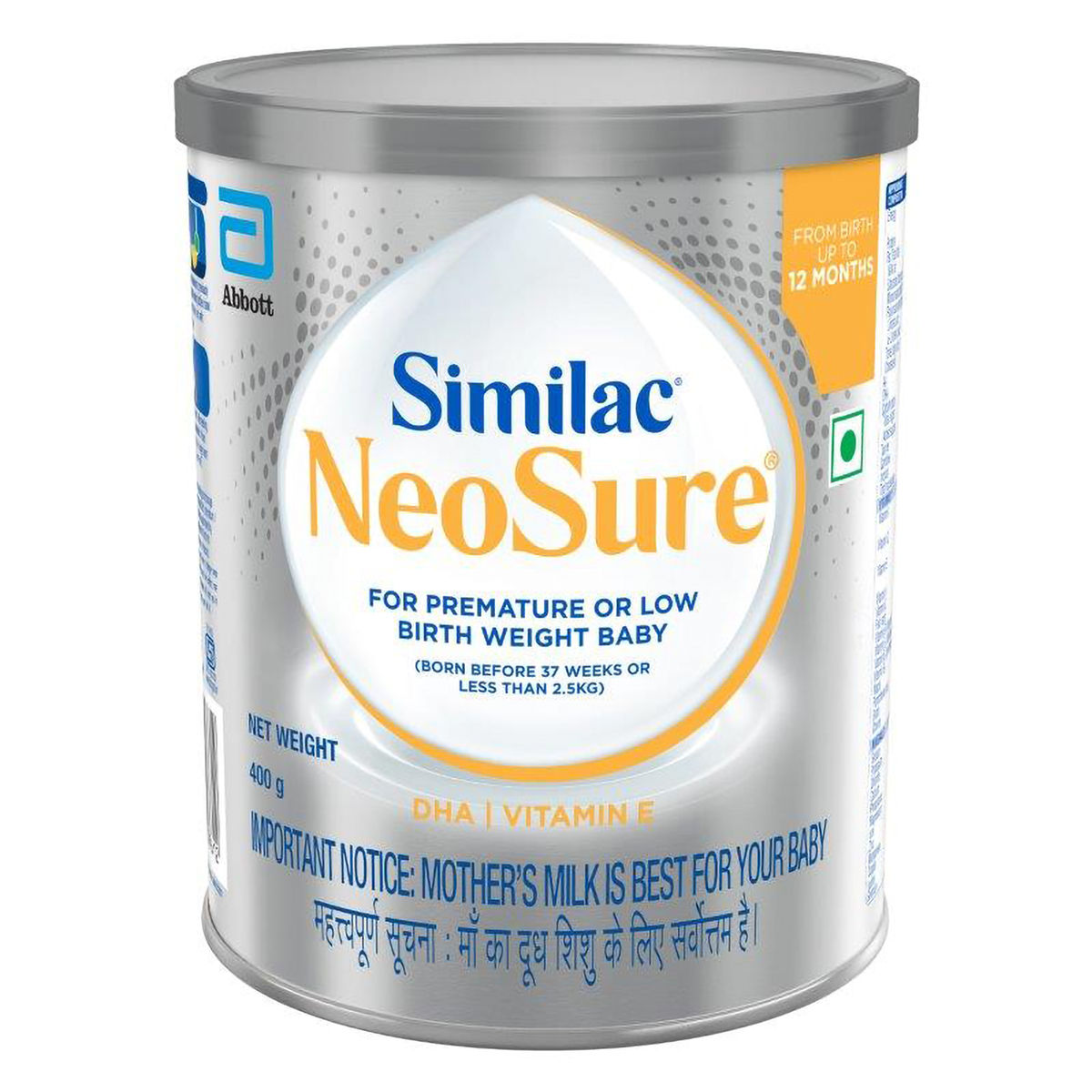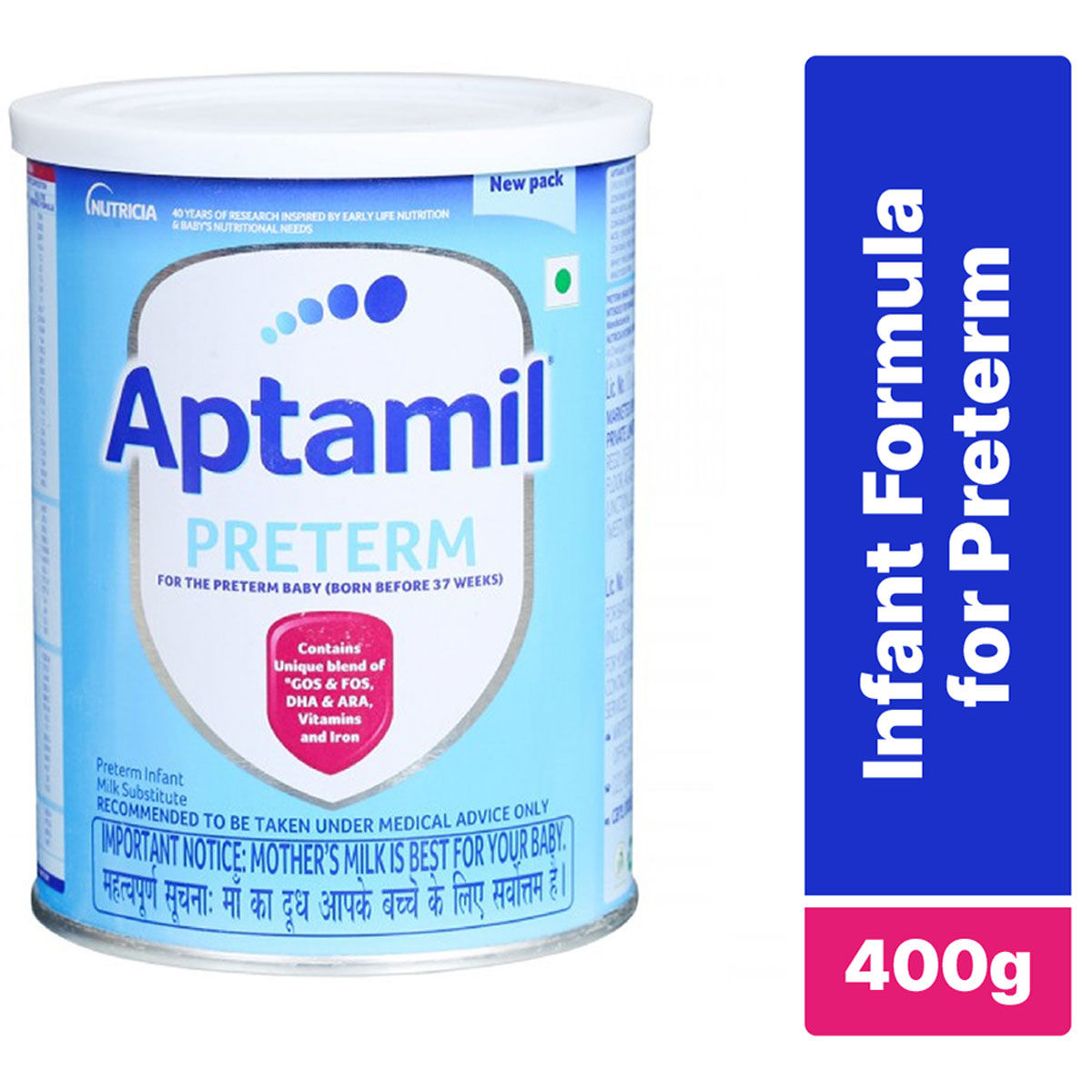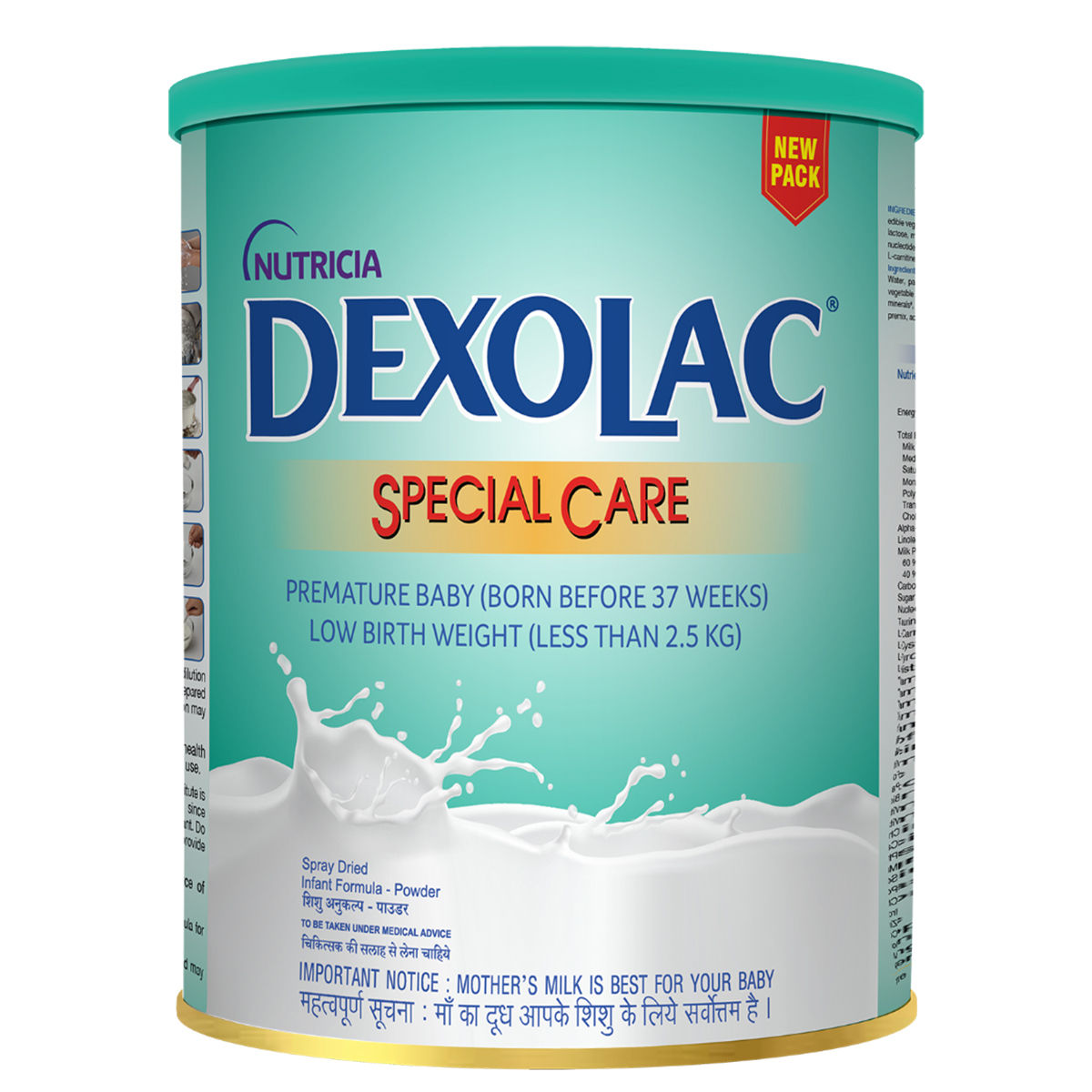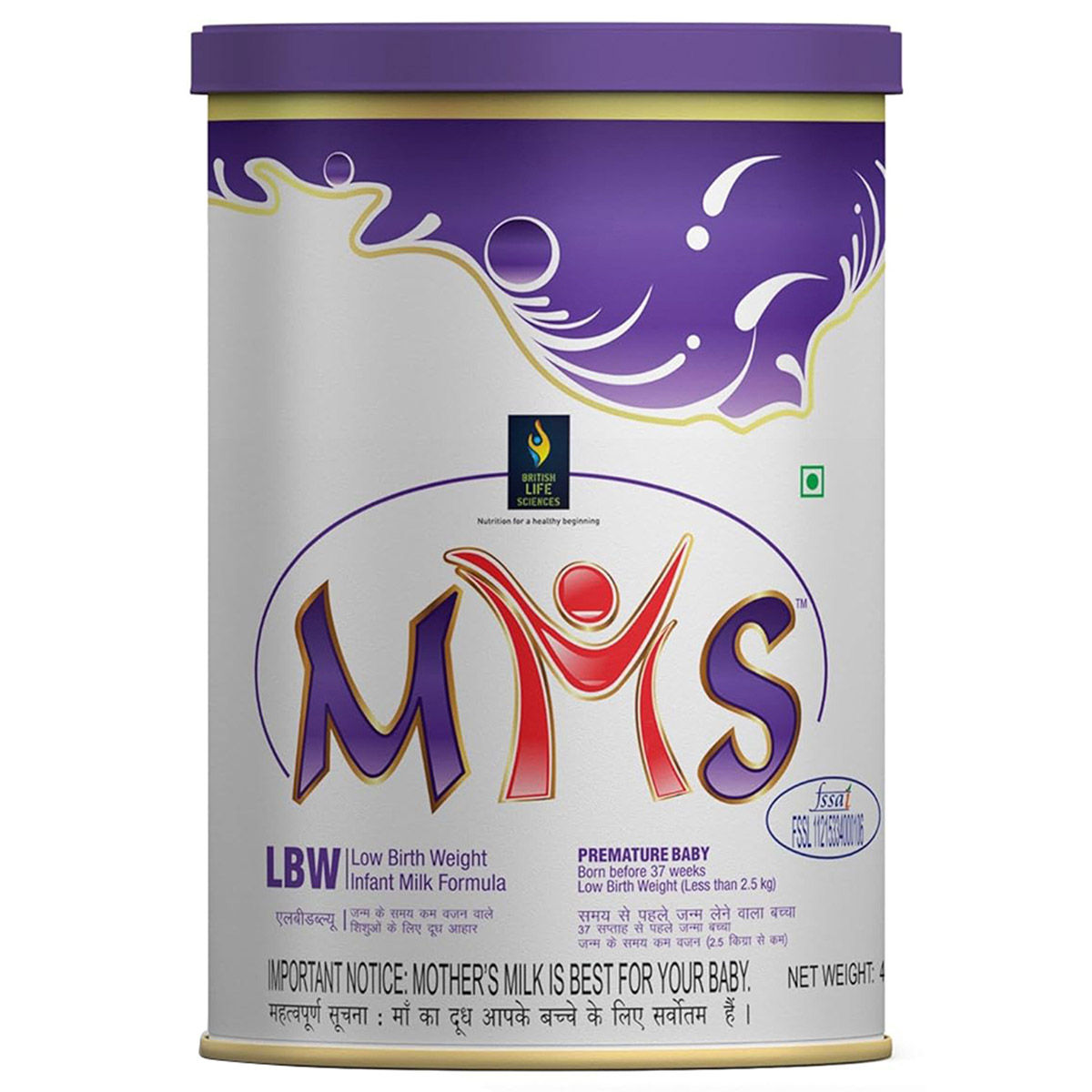Welcoming an early baby into the world is equal parts joy and concern. When birth happens before 37 weeks or the scale reads under 2,500 grams, feeding becomes one of the most important priorities. Preterm and low birth weight babies need gentle, precise nutrition to gain healthy weight, strengthen bones, and boost their developing immune systems.
If your doctor recommends starting or switching to formula, choosing the right one matters. Preterm formulas are specially made with higher calorie density, extra protein, and an added boost of vitamins and minerals. Together, these nutrients help fuel fast growth and meet the unique needs of small, developing bodies.
Here are five leading formulas for preterm and low birth weight infants, all available at Apollo Pharmacy. Each one is selected to provide balanced, gentle nourishment that supports healthy development.


